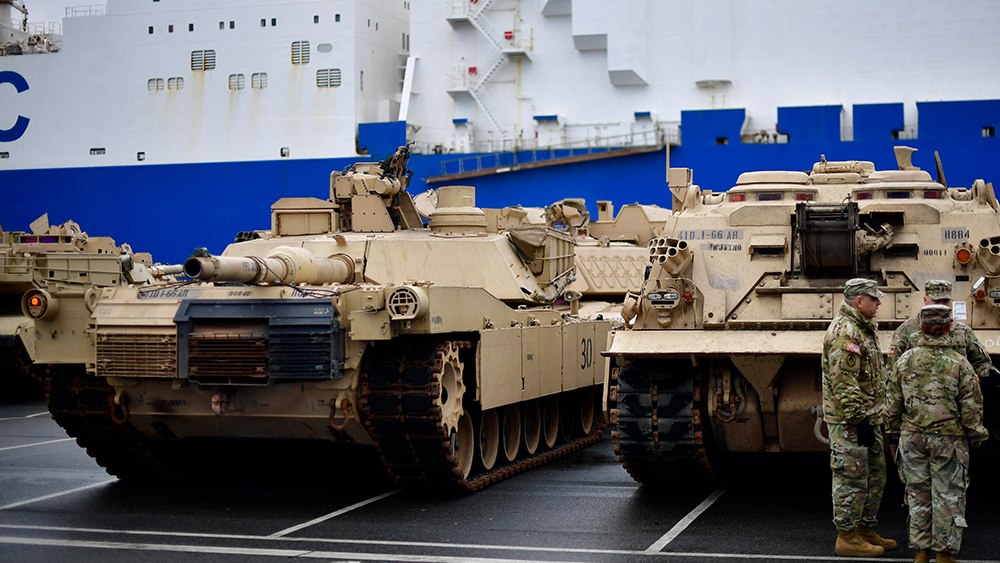- The intensified U.S. bombing campaign in Yemen is depleting military resources needed to counter China in the Pacific.
- Houthi attacks persist despite costly airstrikes, straining munitions and diverting key assets like warships.
- Confidential briefings warn of potential relocations of Asia-Pacific stockpiles to sustain the Yemen offensive.
- Defense officials fear China may exploit U.S. resource depletion to escalate tensions around Taiwan.
- Critics argue the campaign undermines core U.S. strategic interests while failing to neutralize Houthi threats.
The Trump administration’s intensified bombing campaign against Iranian-backed Houthi militants in Yemen is straining U.S. military resources at a critical moment, with Pentagon officials warning that American readiness to counter China in the Pacific is being dangerously eroded.
What began under President Biden as sporadic strikes to curb Houthi attacks on Red Sea shipping has escalated under President Trump into a high-cost, high-tempo operation — one that is rapidly draining munitions, diverting warships, and stretching maintenance capabilities.
The alarming reality, now laid bare in confidential briefings to Congress, is that the U.S. may soon be forced to relocate precision-guided missiles and other essential weapons from Asia-Pacific stockpiles to sustain the Yemen offensive. Worse, China is watching — and likely assessing American vulnerabilities as Washington expends billions in a conflict that does little to secure core U.S. interests.
A strategic failure left uncorrected
The roots of this crisis trace back to the Biden administration’s failure to deter the Houthis early on. Despite years of warnings, Biden’s team allowed Navy stockpiles to dwindle below operational requirements while opting for half-measures against the Yemeni militia, which continued striking ships and expanding its arsenal.
Since March 15, the U.S. has executed nearly daily airstrikes under Operation Rough Rider, named after Theodore Roosevelt’s famed cavalry unit. Yet despite deploying B-2 stealth bombers, F/A-18 Super Hornets, and over $200 million in munitions, Pentagon briefers admit the campaign has achieved «limited success.» Houthi missile stockpiles remain largely intact, shielded in underground bunkers, while the group continues harassing shipping lanes.
«America first» means prioritizing the Pacific
The greatest concern, however, isn’t the Middle East — it’s the Indo-Pacific. As Defense Secretary Pete Hegseth emphasized during a recent visit to Manila, China remains America’s primary strategic competitor. Beijing’s missile advancements, nuclear expansion, and aggressive posturing around Taiwan demand full-spectrum readiness.
Yet the Yemen campaign is pulling critical assets away. The USS Carl Vinson, initially positioned in the western Pacific as a deterrent against China, was abruptly rerouted to the Red Sea. Stockpiles of Tomahawk cruise missiles and AGM-158 stealth missiles — key to countering a potential Chinese invasion of Taiwan — are being depleted.
According to congressional aides familiar with closed-door briefings, military leadership in both the Navy and Indo-Pacific Command have expressed significant concern about the rapid depletion of munitions. If a crisis erupts in Asia, the Pentagon risks «real operational problems.»
The fiscal and strategic cost
The financial toll is staggering. Beyond the $1 billion spent in just three weeks (factoring in operational costs), the long-term price could be immeasurable if China exploits this distraction. Defense analysts warn that Beijing may interpret America’s resource drain as an opportunity to escalate pressure on Taiwan or further militarize the South China Sea.
Meanwhile, Congress is raising alarms. Senators Jeff Merkley (D-OR) and Rand Paul (R-KY) have demanded the administration explain its endgame, noting past U.S.-backed campaigns against the Houthis — including Saudi Arabia’s failed, civilian-heavy bombing — accomplished little.
Secretary Hegseth insists the administration is recalibrating priorities. «We will establish the deterrence necessary to prevent war [in Asia],» he vowed in the Philippines. But skeptics question whether the Pentagon can reverse years of misallocated resources quickly enough.
America’s security depends on recognizing when tactical engagements undermine strategic objectives. While the Houthis pose a nuisance, they are not an existential threat. China is.
The White House must articulate a clear exit strategy from Yemen — one that doesn’t leave Pacific defenses hollowed out. Every missile fired at a Houthi bunker is one less available to defend Taiwan. Every warship patrolling the Red Sea is absent from the South China Sea.
Sources for this article include:
